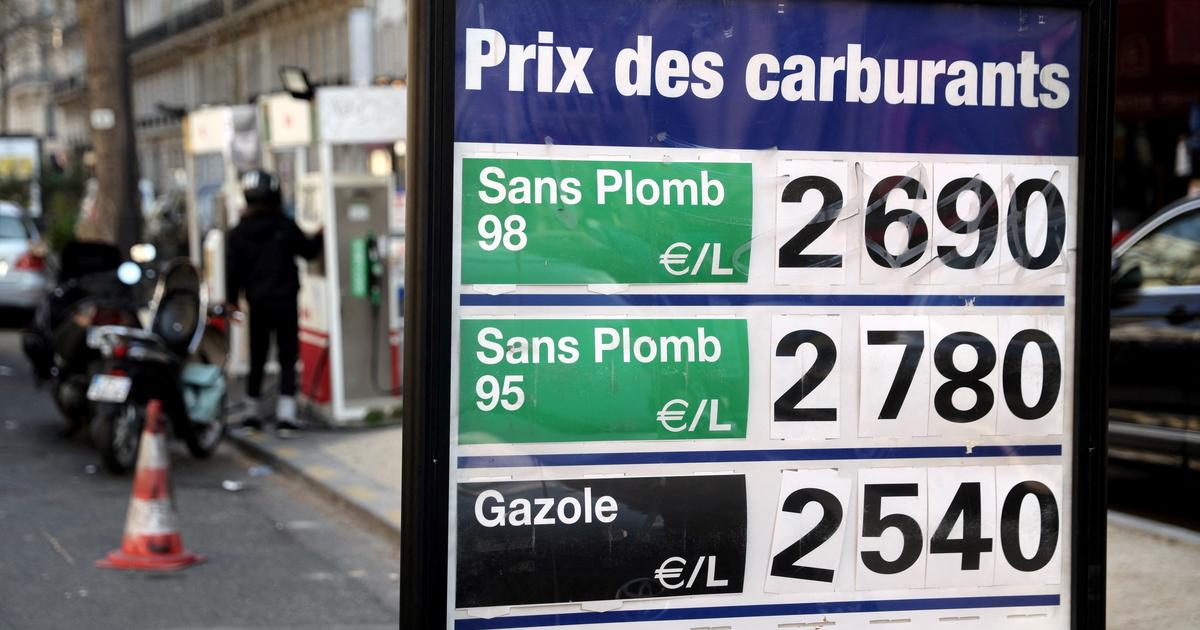The decision fell on Sunday.
As Russia continues its offensive in Ukraine, the G7 countries have agreed to toughen sanctions against the Kremlin.
Canada, the United Kingdom, Germany, the United States, France, Japan and Italy have all committed to "
phasing out our dependence on Russian energy, in particular by gradually reducing or banning the import of Russian oil
".
An announcement without a precise horizon: it must be carried out “
in a timely and orderly manner, leaving time for the world to find other sources of energy
”, is it simply stated in a press release.
To discover
Taxes 2022: all about your tax return
Read alsoWhy the oil embargo will hurt Russia
In fact, the majority of the G7 nations had already committed to reducing their dependence on Russian oil.
The United States had announced it at the beginning of March: "
we are banning all imports of Russian oil, gas and energy
", Joe Biden had then declared, seeing in this measure a "
powerful blow to the war machine of Putin
”.
On the same day, London said it wanted to stop its imports of Russian oil and petroleum products by the end of 2022. The same is true for Europeans, who want to limit their dependence on their powerful neighbor.
In addition, these extra-European countries are much less dependent on Russian energy than the twenty-seven: a cut would have more limited effects.
According to the International Energy Agency (IEA), Russia accounted for only 1% of Canada's petroleum and petroleum product imports in 2019, 3% for the United States and 5% for Japan.
Quantities historically limited, since these countries have never seen the weight of Russia exceed 10%.
More recently, in November 2021, the country represented 7% of American oil imports, 3% of Japan and... 0% of Canada.
Conversely, the dependence of Europeans on the Kremlin is well known.
Last year, according to Eurostat, Russia was the main supplier of the twenty-seven.
It was "
far ahead of the second supplier, which was the United States in 2020 and Norway in 2021
".
The ties between the bloc and Russia are close: while China is the largest importer of Russian crude oil - 1.6 million barrels per day, according to the IEA - "
Russia exports a significant volume to buyers in Europe
", of the order of 2.4 million barrels per day.
In total, "
about 60% of Russia's oil exports are destined for OECD Europe and an additional 20% for China
", sums up the IEA.
The catch: some EU Member States remain particularly reluctant to ban Russian oil.
And for good reason: Hungary and Slovakia are both landlocked and imported, in 2019, between 75% and 100% of their crude oil from Russia.
Volumes equaled only by Finland and Lithuania, and which remain well above the EU average, then set at just under 27%.
These large volumes should be compared with those, low, imported by the other members of the G7.
The announcement of the most powerful economies in the world should therefore be put into perspective, since it will have less impact than a European embargo.
It "
has a symbolic character insofar as the non-European countries of the G7 (United States, Canada, Japan) have either already imposed an embargo or are not very dependent on Russian imports
", summed up IFPEN on Monday.
It remains to be seen when the Europeans will manage to agree on an embargo affecting Russian oil, and under what conditions it will be put in place.

